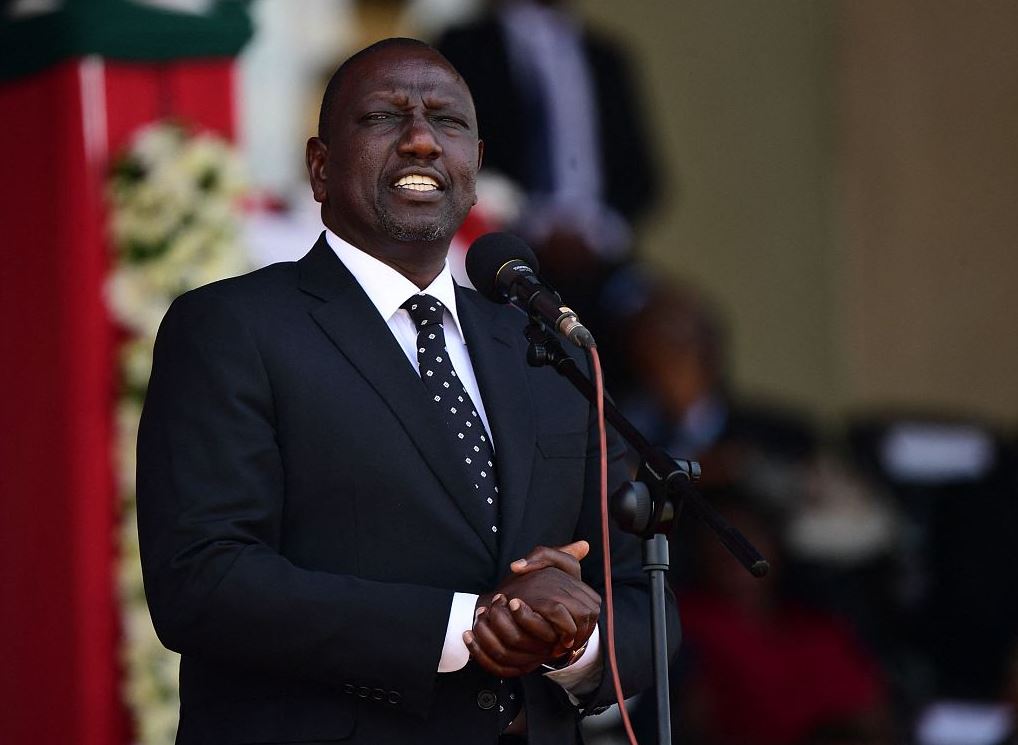(3 minutes read)
Kenya is out of danger of over-indebtedness, claimed its president, William Ruto, alluding to the success of his economic policies. There has been widespread public anger at tax hikes and subsidy cuts carried out by the Government as an antidote to an ailing economy
Kenya is out of danger of over-indebtedness, claimed its president, William Ruto, alluding to the success of his economic policies. There has been widespread public anger at tax hikes and subsidy cuts carried out by the Government as an antidote to an ailing economy.
Kenya is touted as the economic powerhouse of East Africa and is inhabited by over 53 million people. The President stated this while addressing the nation at a ceremony to mark 60 years of independence for the former British colony. Ruto attributed the success of the economic policy to the right choices, sometimes making very difficult and painful decisions. He reminded citizens that the country was on the brink of a catastrophic abyss of over-indebtedness. However, he did not give any figures to substantiate his claims, particularly regarding the current level of indebtedness. He only mentioned that the gross domestic product (GDP) had grown by 5.4% over the past six months.
The Kenyan economy has been at its lowest ebb impacted by Covid-19 and later by the Russian-Ukraine war, which has led to a steady increase in inflation due to higher commodity prices and the non-availability of food materials. The country’s public debt stood at over 10,100 billion shillings (64.4 billion euros), as of June this year, according to Treasury figures. That works out to roughly two-thirds of gross domestic product. Kenya must also repay US$2 billion in Eurobonds by June 2024.
Read also:
https://trendsnafrica.com/blackout-in-kenya-disrupts-civic-life-for-long-hours/
https://trendsnafrica.com/kenya-retains-imo-council-seat/
After his election in August 2022, William Ruto introduced a series of new taxes, going against his campaign promises, triggering widespread opposition protests, such as a reduction in the subsidies – notably on petrol – introduced by his predecessor Uhuru Kenyatta, claiming that he preferred to subsidize production rather than consumption.





